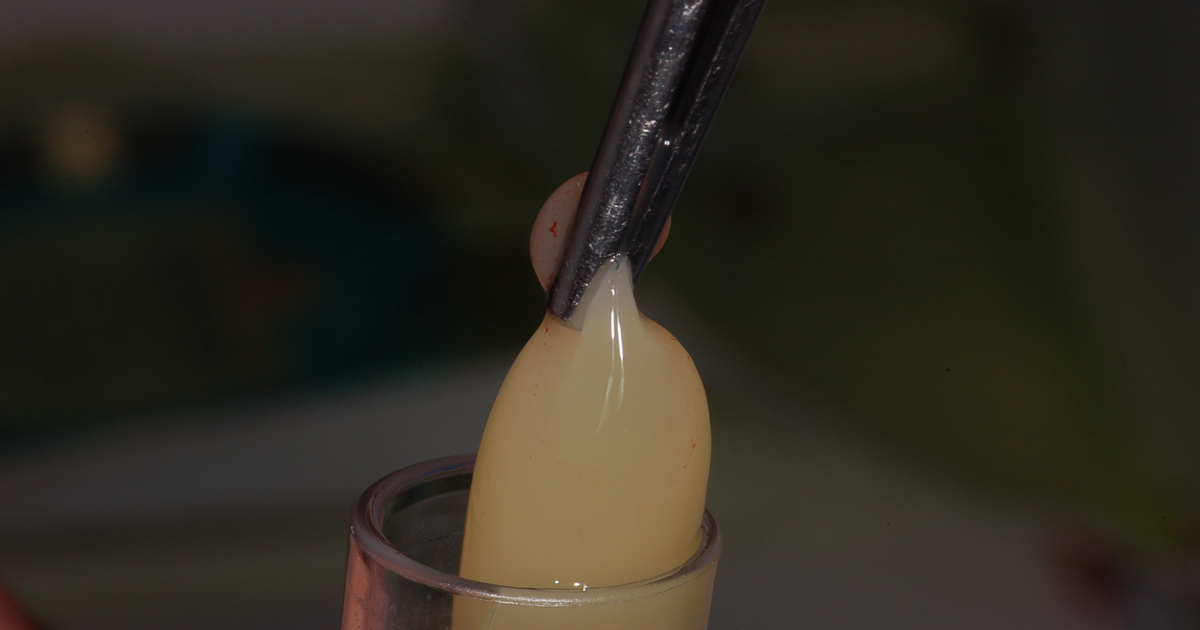- 2.5Impact Factor
- 5.5CiteScore
- 17 daysTime to First Decision
Non-transfusional Hemocomponents in Oral Surgery and Implantology: From Biology to the Clinic
This special issue belongs to the section “Applied Biosciences and Bioengineering“.
Special Issue Information
Dear Colleagues,
The use of non-transfusional hemocomponents represents a novelty in all surgical disciplines and aesthetic medicine. The advantages of their use range from the enhancement of tissue healing to the acceleration of repair processes; from more favorable post-operative courses to a lower incidence of infections. These encouraging results have paved the way for the clinical use of non-transfusional hemocomponents in oral surgery and implantology.
We invite authors to submit basic research and clinical articles about non-transfusional hemocomponents applied to the interconnected fields of oral implantology, periodontology, and oral surgery. Systematic reviews and meta-analyses are also welcome if they provide new sound scientific evidence in these fields.
Potential topics include but are not limited to the following:
- Non-transfusional hemocomponents and bone regeneration;
- Non-transfusional hemocomponents and soft tissue management;
- Non-transfusional hemocomponents and patient-centered outcomes;
- New technologies and protocols for the preparation of non-transfusional hemocomponents.
We hope that new ideas will promote a rapid development of these exciting topics, and we invite you to submit your best research activities to this Special Issue.
Prof. Dr. Vanessa Nicolin
Dr. Claudio Stacchi
Guest Editors
Manuscript Submission Information
Manuscripts should be submitted online at www.mdpi.com by registering and logging in to this website. Once you are registered, click here to go to the submission form. Manuscripts can be submitted until the deadline. All submissions that pass pre-check are peer-reviewed. Accepted papers will be published continuously in the journal (as soon as accepted) and will be listed together on the special issue website. Research articles, review articles as well as short communications are invited. For planned papers, a title and short abstract (about 250 words) can be sent to the Editorial Office for assessment.
Submitted manuscripts should not have been published previously, nor be under consideration for publication elsewhere (except conference proceedings papers). All manuscripts are thoroughly refereed through a single-blind peer-review process. A guide for authors and other relevant information for submission of manuscripts is available on the Instructions for Authors page. Applied Sciences is an international peer-reviewed open access semimonthly journal published by MDPI.
Please visit the Instructions for Authors page before submitting a manuscript. The Article Processing Charge (APC) for publication in this open access journal is 2400 CHF (Swiss Francs). Submitted papers should be well formatted and use good English. Authors may use MDPI's English editing service prior to publication or during author revisions.
Keywords
- non-transfusional hemocomponents
- platelet-rich fibrin (PRF)
- platelet-rich plasma (PRP)
- plasma rich in growth factors (PRGF)
- oral surgery
- oral implantology
- periodontology

Benefits of Publishing in a Special Issue
- Ease of navigation: Grouping papers by topic helps scholars navigate broad scope journals more efficiently.
- Greater discoverability: Special Issues support the reach and impact of scientific research. Articles in Special Issues are more discoverable and cited more frequently.
- Expansion of research network: Special Issues facilitate connections among authors, fostering scientific collaborations.
- External promotion: Articles in Special Issues are often promoted through the journal's social media, increasing their visibility.
- e-Book format: Special Issues with more than 10 articles can be published as dedicated e-books, ensuring wide and rapid dissemination.


